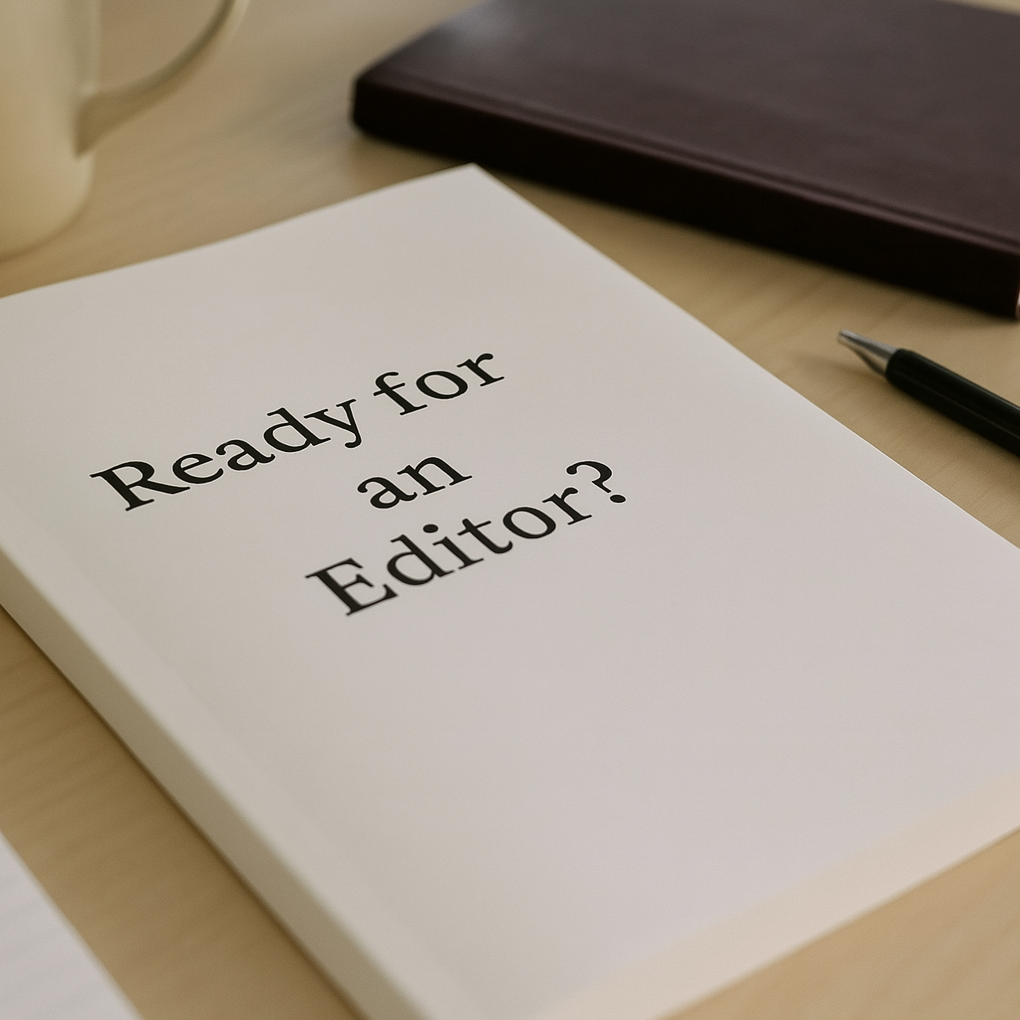
So, you just tied up the loose ends and landed on the perfect title. Congratulations! Time to pop the champagne—or maybe just crawl out from under the pile of snack wrappers and existential dread. Either way, you've done something huge: you finished a manuscript. Now comes the part no one warned you about... the what-the-heck-do-I-do-next phase.
Before you unleash your draft on an editor, agent, or the unsuspecting public, it’s worth asking: is it time for a manuscript review? Or are you about to spend money getting feedback on a story that's being held together with duct tape and a prayer?
Let’s break it down and help you figure out whether this step is right for you—or if you’re just looking for professional validation in a time of deep writerly crisis. (Relatable.)
What is a manuscript review, anyway?
A manuscript review is like a wellness checkup for your novel. Except instead of a stethoscope, your editor comes armed with a red pen, a finely tuned BS detector, and an encouraging-but-honest tone that says, "I'm here to help you, not crush your soul."
It’s a big-picture assessment. You know, the stuff that makes readers actually want to turn the page. But a manuscript review is not:
Think of it as hiring a structural engineer before you paint the walls of your house. Let’s make sure the second floor isn’t about to collapse under that overly dramatic plot twist.
Who should definitely consider one:
When you might want to hold off:
What you’ll get (besides mild panic and a plan to fix it):
Think of it like someone gently tapping you on the shoulder and saying, "Hey, your main character disappears for 80 pages. Maybe bring them back?"
A manuscript review isn’t magic, but it can be incredibly useful. It can keep you from polishing something that isn’t structurally sound, and it can help you stop spiralling over whether your manuscript is road-ready or not.
If you’re feeling overwhelmed, unsure, or just deeply curious about what someone who isn’t related to you thinks of your story—a manuscript review might be your next move. And if you’re still not sure? That’s okay. Write a little more. Let it breathe. Then circle back when you're ready to hear what your manuscript has to say for itself.
In the meantime, keep writing. Keep revising. And keep the snacks within arm’s reach. That’s the real secret to editing success.